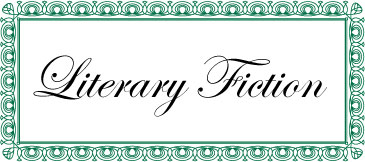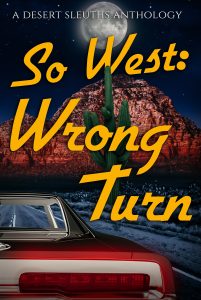One Day by David Nicholls is next on our 100 Bestsellers List reading challenge. You can read Roberta’s kick-off description here.
This post contains spoilers.
David Nicholls’ One Day*

(*Amazon Affiliate link)
One Day follows the lives of Dexter Mayhew and Emma Morley over the course of about twenty years, beginning July 15, 1988, the day they both graduate from university. In the opening scene, they are lying in bed together, discussing the future and what they see for themselves now that college is over. Even though they seem to have little in common and their lives take divergent paths, “Dex” and “Em” maintain a connection that is revealed as each subsequent chapter covers the events on the same date each year, July 15th.
It was interesting to read this book right after Olive Kitteridge.
In Olive Kitteridge, the main character, Olive, is revealed through her interactions with others and her own inner thoughts. Each chapter introduces new characters and settings that in some way impact Olive, an ungainly and cranky woman who has difficulty finding her place within her community and difficulty connecting on an intimate, emotional level with those closest to her, including her own husband and son. It’s only at the very end of the book that Olive realizes she has let opportunities for intimacy pass by and decides she doesn’t want to be alone anymore. Unfortunately, I never really connected with Olive and thus didn’t really care at the end what her self-revelations were.
In One Day, we learn about Dexter and Emma through their own thoughts and actions and their interplay with each other in each chapter. In the very first chapter, where their relationship begins with what Dexter intended to be a one-night stand, we see their short-comings, their fears, their loneliness. For the most part, they already know who they are. Throughout the book we see how they navigate adulthood and try to follow their dreams. We follow the ups and downs of their relationship and wonder if they will ever admit to each other the true depth of their feelings.
I was able to connect with Dexter and Emma. Their uncertainties, their dreams, their actions, all seemed believable. I’ve felt them; I know friends and relatives that have done and acted similarly. What wasn’t clear to me, and wasn’t revealed until the very end of the book, is why their bond formed on that very first day. Exactly what did Emma see in Dexter that led her to hang on to their friendship through the difficult times (although she did ultimately break off communications for a couple of years). Those last chapters in the book revealed new depths to Dexter, depths we might not have believed if we had seen them at the beginning of the book, given his subsequent actions.
I really liked One Day and thought it was the book that Olive Kitteridge wanted to be.
Both Olive Kitteridge and One Day were made into movies and I’m looking forward to watching both and comparing the movies to the books. Have you read the books? Seen the movies? Tell me what you thought of either, or both!
What did you think of One Day? We’d love to hear your thoughts!
- One Day landing page
- Book-beginnings, a discussion of the first line of the novel
- Roberta’s review from a writer’s perspective
After you finish the book, you might want to drop by to take our survey.
You can also join us on social media:
- The Bestseller Code 100 Pinterest Page
- Twitter: #BestsellerCode100
- Facebook: Bestseller Code 100 Reading Group
- The full list is now posted on GoodReads
Do you have suggestions for ways to improve this reading challenge? We’d love to hear them.
_________________
What are we reading next?
If you ever have questions about what we are reading next or when we’re starting the next discussion, check the 100 Book List tab in the navigation bar at the top of the blog.
The next book is number 91 on the list, The Horse Whisperer by Nicholas Evans (1995) – Discussion begins March 13, 2017. This books is classified as Literary Fiction.














